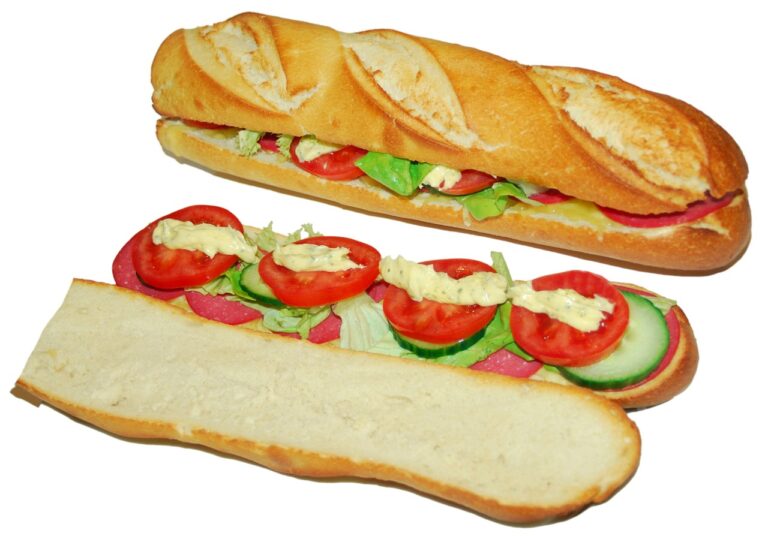Regulatory Landscape for Biosimilar Veterinary Vaccines: Global Perspectives: Allpaanel mahadev book, Laserbook247, Bat book 247
allpaanel mahadev book, laserbook247, bat book 247: The regulatory landscape for biosimilar veterinary vaccines is a complex and ever-evolving field that impacts the global market. As demand for more affordable and accessible veterinary vaccines continues to grow, understanding the regulatory requirements for biosimilars is crucial for companies looking to enter this market. Here, we’ll take a closer look at the global perspectives on regulatory guidelines for biosimilar veterinary vaccines.
1. What are Biosimilar Veterinary Vaccines?
Biosimilar veterinary vaccines are biological products that are highly similar to an existing, approved veterinary vaccine. These products are developed to provide a more cost-effective alternative to their reference products while maintaining comparable efficacy and safety profiles.
2. Regulatory Agencies
In the United States, the Food and Drug Administration (FDA) regulates veterinary vaccines, including biosimilars. In Europe, the European Medicines Agency (EMA) oversees the approval process for veterinary vaccines. Other countries have their regulatory agencies that set guidelines for biosimilar veterinary vaccines.
3. Approval Process
The approval process for biosimilar veterinary vaccines is rigorous and usually involves extensive comparative studies to demonstrate similarity to the reference product. Regulatory agencies require data on quality, safety, and efficacy to ensure the biosimilar meets the necessary standards.
4. Global Harmonization
Efforts are being made to harmonize regulatory guidelines for biosimilar veterinary vaccines globally. Organizations like the World Health Organization (WHO) and the International Coalition of Medicines Regulatory Authorities (ICMRA) work to establish common standards and best practices for regulatory approval.
5. Challenges
Despite progress in global harmonization, challenges remain in the regulatory landscape for biosimilar veterinary vaccines. Differences in regulatory requirements between countries can create barriers to market entry for companies seeking to launch biosimilar products worldwide.
6. Future Trends
As demand for biosimilar veterinary vaccines continues to rise, we can expect to see further developments in regulatory guidelines to streamline the approval process. Greater collaboration between regulatory agencies and industry stakeholders will be essential to ensure the timely availability of safe and effective biosimilar products.
FAQs
Q: Are biosimilar veterinary vaccines as safe and effective as reference products?
A: Yes, biosimilar veterinary vaccines undergo rigorous testing to demonstrate their similarity to the reference product in terms of safety and efficacy.
Q: How long does it take to get regulatory approval for a biosimilar veterinary vaccine?
A: The approval process can vary, but it typically takes several years to complete the necessary studies and data submissions for regulatory approval.
Q: Can biosimilar veterinary vaccines be used interchangeably with reference products?
A: In most cases, biosimilar veterinary vaccines are considered interchangeable with the reference product, but veterinarians should follow regulatory guidelines and manufacturer recommendations.
In conclusion, the regulatory landscape for biosimilar veterinary vaccines is complex but evolving to meet the growing demand for affordable and accessible veterinary vaccines. Understanding the global perspectives on regulatory guidelines is essential for companies looking to navigate this competitive market successfully.







